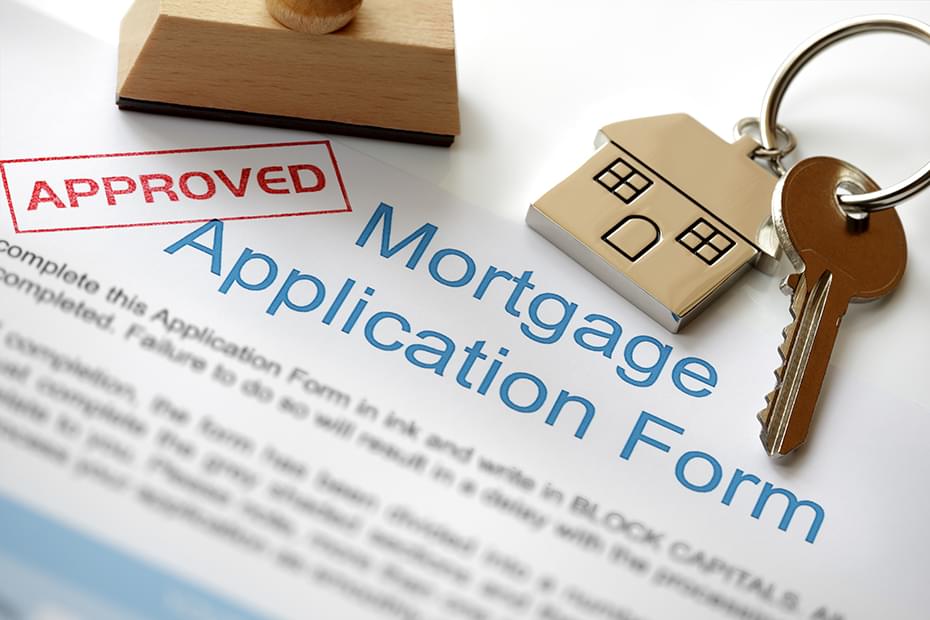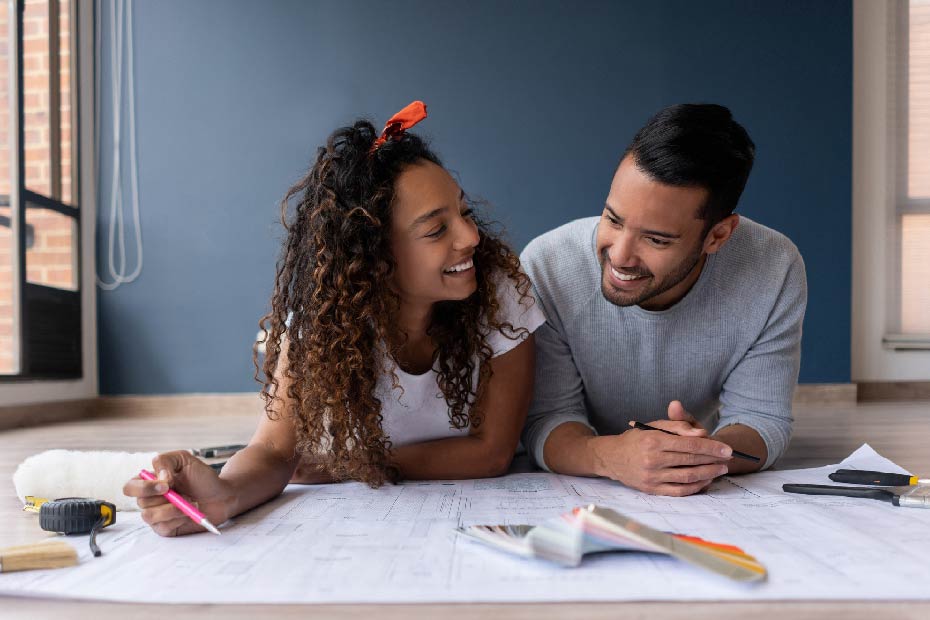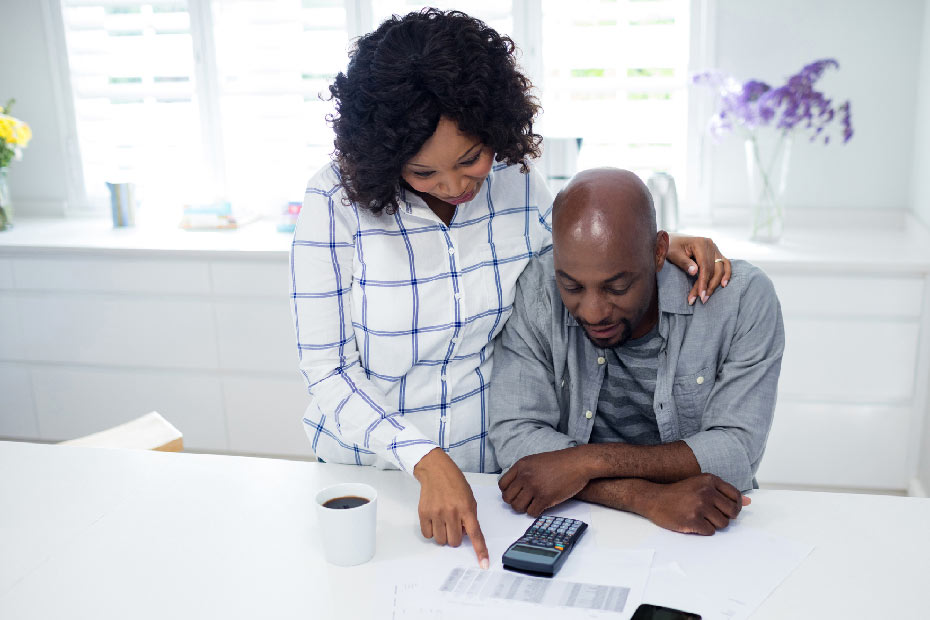Buying your first home is a milestone moment in many people’s lives. And for most, a first home means acquiring your first mortgage. This can be a daunting prospect: a mortgage may be the greatest financial commitment to your personal finances. The good news is responsible lenders can and will work with you to ensure you get the loan best suited to you.
There are several things you can do to give yourself the best possible start to your journey to home ownership.
Get Yourself Financially Prepared
The big questions regarding a mortgage are the size of the deposit and the monthly installments. How you decide this depends on your finances, as well as how much you’re able to pay with on a monthly basis. If you have already accounted for these in your financial planning: congratulations, you’re a big part of the way there already. But don’t forget to consider the many one-off or short-term expenses associated with buying a home: lawyer’s fees, home inspections, stamp duty, and moving or renovation costs, for example. And, of course, there are longer-term expenses of home ownership such as repairs and ongoing regular maintenance as your property ages over time Make as detailed a budget as you can, and consider whether some of your current expenses may need to be reduced or eliminated to support your goal of buying a home.
Anticipate Some Lifestyle Changes
A mortgage is a financial commitment, so naturally, financial readiness tends to be the primary concern for new home buyers. But your finances are not the only consideration. If you are already saving for a deposit and paying monthly rent, then your lifestyle is already partially adapted to the sort of commitment required to support a mortgage. But are you ready for some of the other requirements of home ownership? For example, it is often recommended that you save 1% of the value of your home every year to cover basic repairs and maintenance. There may be property taxes to consider, as well as house insurance and utility bills. These are all expenses that can be anticipated, but are you ready to adjust your lifestyle as necessary to cover these new responsibilities?
Determine what kind of mortgage repayment terms you can afford
Lenders will present you with a variety of mortgage packages and products to choose from, but it’s a good idea to understand what you can afford upfront. A lender is going to want to know your income, net worth, what funds you have available right now, and your credit history — all as part of assessing what they will be willing to offer. For your part, the size of the down payment you can offer has a significant impact on the amount you need to borrow: 10% of the value of the house is a standard minimum, but a higher down payment reduces the amount you need to borrow and, of course, to pay back.
There are three basic terms of repayment to consider when applying for a mortgage:
- Payment frequency is how often you’ll need to make a mortgage payment. Typically, options are monthly or every two weeks.
- Amortized term is the total length of time over which you are spreading the repayments. Terms available can range from five years to 30 years.
- Interest rate type is typically a choice between a fixed or variable rate of interest.
- A fixed-rate mortgage means you agree on the interest with the lender at the start and that interest rate remains in place for a period of 1, 3 or 5 years.
- A variable-rate loan would mean both you and the lender agree that the interest might fluctuate – based on certain market conditions — which means you could end up paying higher or lower installments on your mortgage over time.
Get Prequalified
Perhaps the most important advice: get prequalified with a lender for a mortgage. This means that you can show a seller that you already have access to the funds necessary to buy. It also means you know exactly how much you can afford, and you have the confidence of knowing you can access a mortgage when you need to. When it comes to real estate, remember that a mortgage prequalification is only valid for a limited time.
When you’re ready to meet with a mortgage adviser, have all your documents ready to make the process as seamless as possible.
Here’s a checklist of the documents you need to prepare when applying for a residential mortgage:
- Two forms of valid Photo ID (passport or national identity card, driver’s license)
- Proof of permanent address (like a utility bill)
- Proof of employment and a recent payslip. If you’re self-employed, financial statements for the past 3 years along with cash-flow projections for the next 12 months
- The deed for the property to be purchased
- 3 months of bank statements
The documents you need may vary depending on your country of residence (or the country you’re building in if that’s different from where you live.) For a complete checklist for your country, click on the relevant link:
Start your journey to home ownership by being sure you are financially ready for the task, and then meet with a mortgage lender to discuss exactly what product might be right for you.
This article offers general information only and is not intended as legal, financial or other professional advice. A professional advisor should be consulted regarding your specific situation. While information presented is believed to be factual and current, its accuracy is not guaranteed and it should not be regarded as a complete analysis of the subjects discussed. All expressions of opinion reflect the judgment of the authors as of the date of publication and are subject to change. No endorsement of any third parties or their advice, opinions, information, products or services is expressly given or implied by Royal Bank of Canada or its affiliates.
This article is intended as general information only and is not to be relied upon as constituting legal, financial or other professional advice. A professional advisor should be consulted regarding your specific situation. Information presented is believed to be factual and up-to-date but we do not guarantee its accuracy and it should not be regarded as a complete analysis of the subjects discussed. All expressions of opinion reflect the judgment of the authors as of the date of publication and are subject to change. No endorsement of any third parties or their advice, opinions, information, products or services is expressly given or implied by Royal Bank of Canada or any of its affiliates.



















